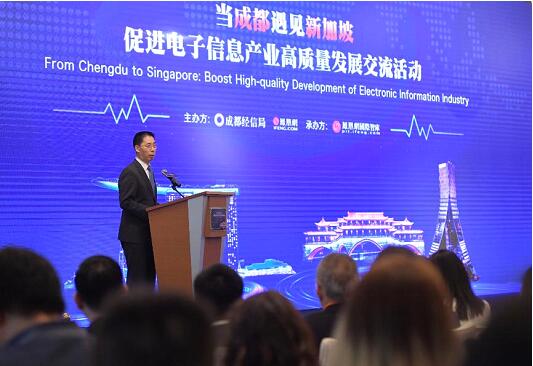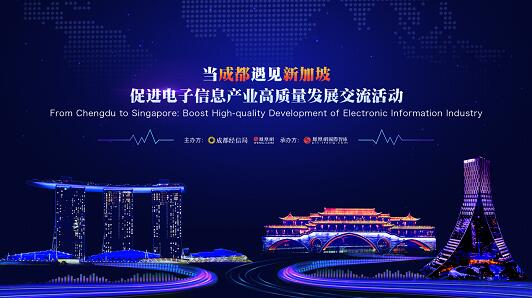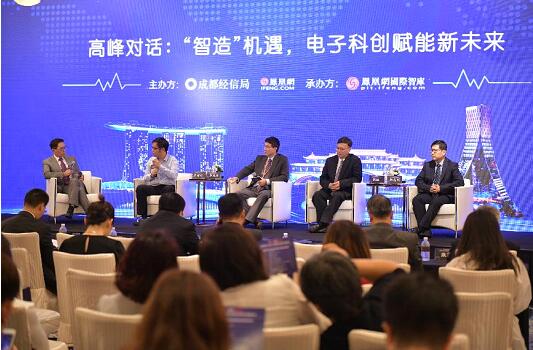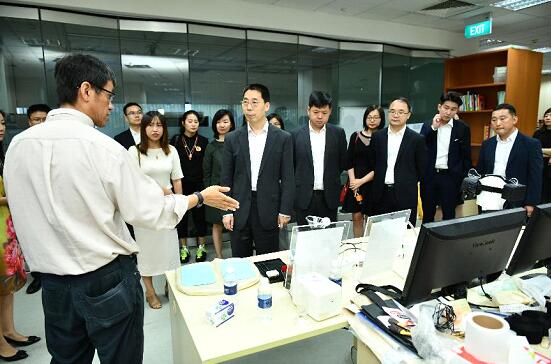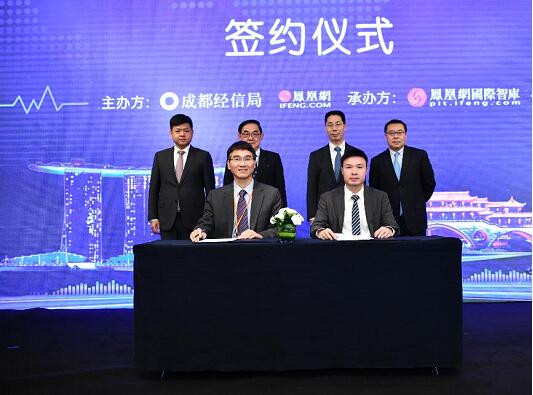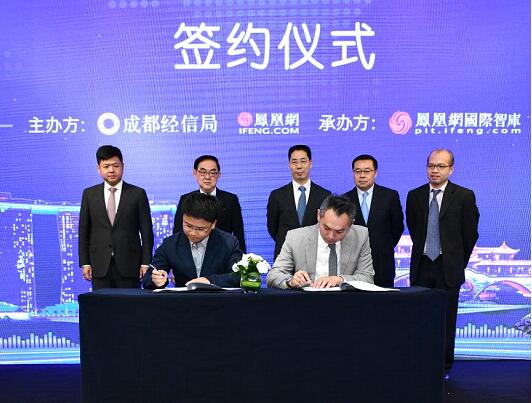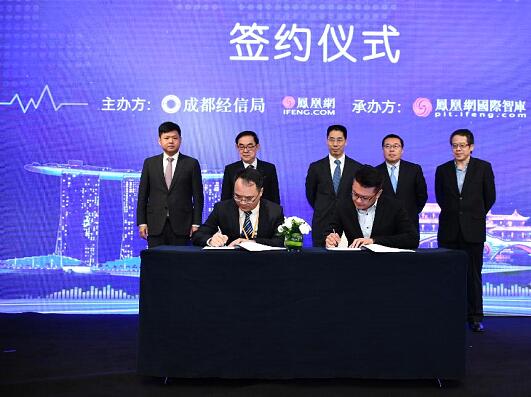At a magnificent hotel hall in Singapore, an actor, who wore a circus-style mask painted with
At a magnificent hotel hall in Singapore, an actor, who wore a circus-style mask painted with red cheeks and a striped forehead, was not a clown. In the blink of an eye, his “face” switched into another blue one with winding eyebrows.
The exotic face-changing opera, originated from Chinese city Chengdu, has reflected how fast the place has developed. Long known for the giant panda, hot pot and a hospitable touristic culture, Chengdu has for the past few years seen its economy boom as one of China’s emerging high-tech hubs. The change is just as fast as how the mask is swapped.
“Chengdu’s GDP grew 8.2 percent in the first half of the year, the fastest among 20 Chinese metropolises,” Niu Qingbao, Chengdu’s deputy mayor, said at the event kicked off by the mask-changing performance on Thursday in Singapore.
The high-level forum, themed as “From Chengdu to Singapore: Boost High-quality Development of Electronic Information Technology,” ignited the chemistry between Chengdu and Singapore, especially in the electronic information industry.
The electronic information industry is the strongest pillar of Chengdu’s economy, Niu added, wishing that the event, host in one of Asia’s leading financial and tech hubs with abundant resources and talents, can boost further cooperation.
Ifeng.com, the online window of renowned Chinese media Phoenix Media with roots in Chinese culture, a global perspective and a great part of its coverage on the hi-tech industry, host the forum together with its affiliated Phoenix International Thinktank.
Zou Ming, chief editor of ifeng.com, said that the forum demonstrated the momentum and potential of Chengdu’s electronic information industry to the largest corporates and the smartest brains in Singapore, and built a bridge to foster inter-regional collaboration.
Chengdu is home to several regional centers of multinational IT giants, including Intel and Texas Instruments, which breeds the high-end chain within the industry, said Che Zhou, deputy director of the Chengdu Municipal Bureau of Economic and Information Technology.
Its electronic information industry generated revenue of 400 billion yuan ($55.8 billion) in the first half of 2019, a year-on-year growth of 16.3 percent. The revenue of its electronic information industry is expected to exceed 1 trillion yuan by 2020, according to a recent plan by the city government.
Chengdu’s electronic industry is expected to take off across six major fields, integrated circuit, new display, intelligent terminal, high-end software, artificial intelligence and information network, which is dubbed as six—core, screen, terminal, software, intelligent, network –in one.
The city has already befriended with Singapore. The Singapore-Sichuan Hi-Tech Innovation Park, taking shape now, sets a good example, Niu said.
Given the collaborative foundation, the forum saw three deals inked, between Chengdu Municipal Bureau of Economic and Information Technology and Singapore-China Association for Advancement for Science and Technology, Chengdu-based software developer Wiscred and Dynasafe Technologies Inc., plus the Chengdu National Integrated Circuit "Chengdu Xinhuo Integrated Circuit Industrial Center Co.,Ltd." Base and Shenwan Hongyuan Singapore Private Ltd.
Wang Rongfang, counsellor of Science and Technology at the Chinese embassy in Singapore, said that the amicable bilateral relationship, benign regulatory environment and longtime cultural exchange will smooth their cooperation in the tech industry.
Many Asian business magnates actually have Chinese roots, and their success can partly attribute to a Chinese style management philosophy, said Koh Hock Kiat, CEO of Heluo Institute and the founding Director of Confucius Institute of Nanyang Technological University.
